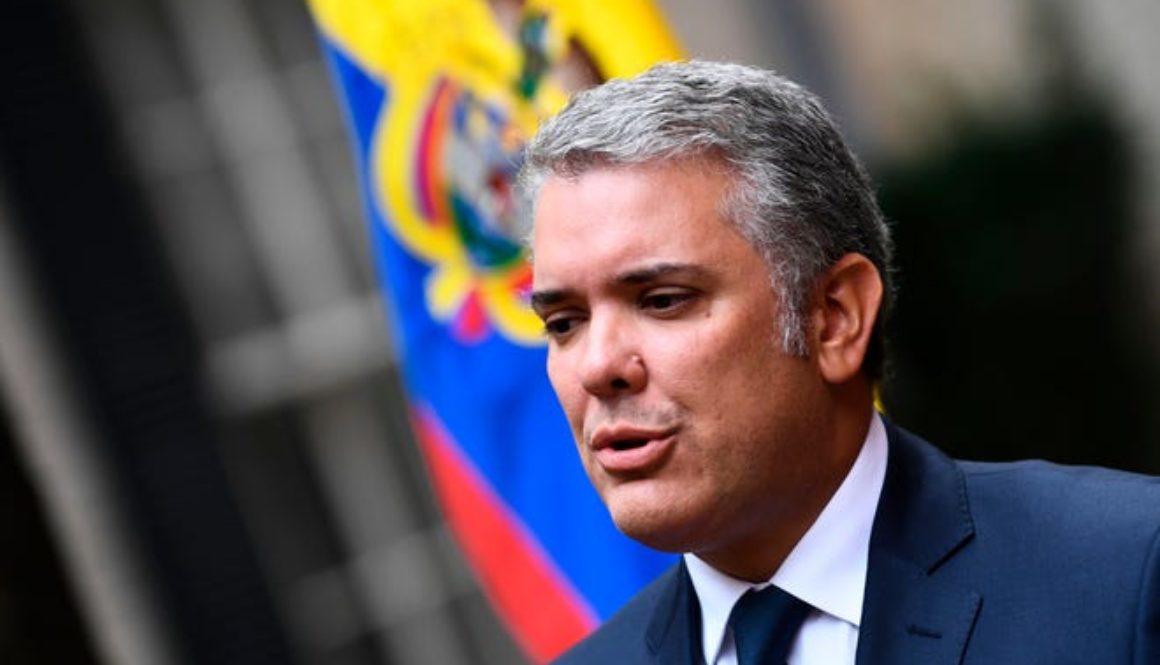Colombian President Duque: ‘We’re not a rich nation, but we tried to do something humanitarian’ for migrants
With thousands of children pouring across the U.S. southern border, all eyes are on the Biden administration’s next move to stem the crisis. But imagine if the thousands were millions.
Colombian President Iván Duque, who met with USA TODAY’s Editorial Board on Thursday, doesn’t have to imagine. It’s his reality in a country that is both much poorer and much less populous than ours. In the past five years, 1.8 million Venezuelans have crossed the border into Colombia, fleeing the incompetent and murderous dictator there.
To put that in perspective, that’s the equivalent of 11 million Mexicans entering the United States in just five years — more than 2 million a year.
In the United States, such an immigration crisis would cause a massive political backlash and an effort to close the border. Indeed, that’s what has happened in Chile, Peru and Ecuador, where a similar flood of Venezuelans has roiled public opinion.

But Duque has done the opposite, offering 10-year temporary protected status (TPS) to the refugees, allowing them to work legally, get subsidized health care and financial aid, and enroll their children in school. That’s even though half the Venezuelans are undocumented immigrants.
“We’re not a rich nation, but we tried to do something humanitarian,” he told USA TODAY, pointing to the ties between Colombia and Venezuela. Duque cites the fact that members of his own family sought refuge in Venezuela during more troubled times in Colombia and the fact that many Venezuelans fought for Colombia’s independence from Spain.
Colombia has been generous during the refugee crisis despite a lack of help from the international community. According to a Brookings Institution report, there are nearly as many Venezuelan refugees as there are refugees from the Syrian civil war. Foreign aid totaling more than $20 billion has poured in for Syrians. That’s more than $3,000 per refugee. The over 5 million Venezuelan refugees spread through several South American countries have received aid worth less than $300 each, most of that in loans, not grants or other aid without strings.
And this crisis is not going to end any time soon. The Nicolas Maduro dictatorship has shown no signs of leaving power in Venezuela even as the global community has ratcheted up the nation’s economic and diplomatic isolation.
Protecting voting rights: H.R. 1 would maintain voting rights and voting integrity that states saved amid COVID-19
Duque wants more international aid to help with the costs of caring for refugees, but he says, “The cause of the crisis has to be attended.”
The Biden administration has signaled the same approach to our own border crisis, trying to be more humane while working to make sure that the root causes in Central America are attended to.
While Duque waits for change in Caracas, he and Colombia are providing a shining example of how much more America could do for its own immigrants.
David Mastio is the deputy editorial page editor of USA TODAY. Follow him on Twitter: @DavidMastio
This article originally appeared on USA TODAY: Venezuela refugees: Colombian President Ivan Duque talks immigration


You must be logged in to post a comment.